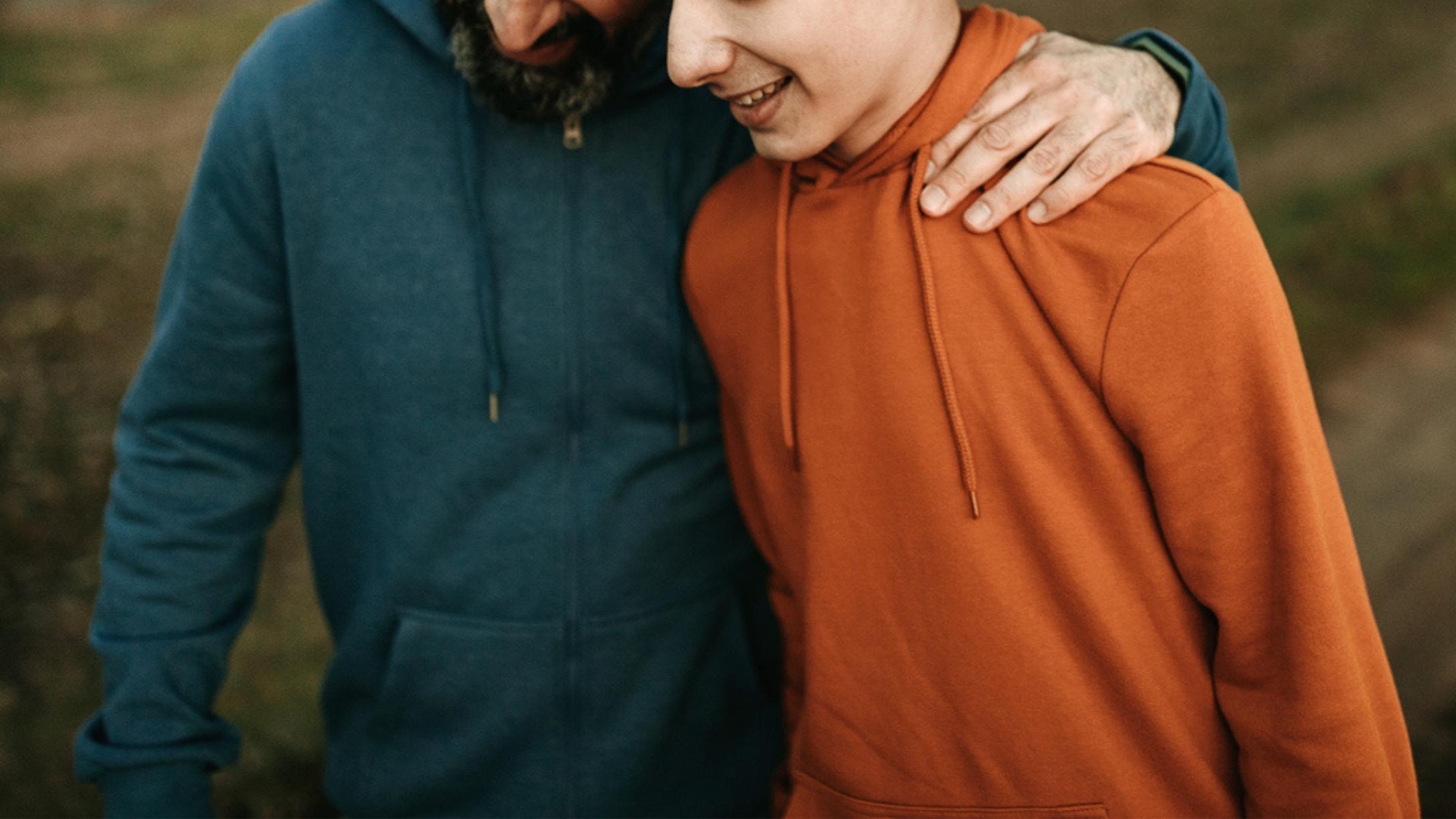
If you’re a parent who has an open dialogue with their teenager about what’s ahead for them on this crazy journey we call life, there’s no doubt that the topic of parties has come up once or twice.
Every parent has their own comfort level and rules when it comes to underage drinking, but most parents have one major thing in common: wanting their teen to be safe when they attend or throw a party with their friends.

We all remember what it can mean to go to a party when you’re a teenager. There weren’t always parents present, even though we usually told our parents that there would be. There were often teens indulging a little too much in alcohol or other party favors that would inevitably lead to a screaming match between everyone’s favorite young couple or even a fistfight out on the lawn. And even though things have changed quite a bit over the years, some things have stayed the same.
So, we’re here to take you through an extensive guide on how to navigate the tricky world of teen partying, from how to safely help them host a fun party to how you can help prepare them for attending parties on their own — and what to do when things turn complicated or unsafe.
Don’t be afraid to ask all the questions you see fit before allowing your teen to attend a party.
It’s the moment you’ve been anxiously anticipating ever since your child hit those teenage double digits — they come up to you and ask if they can go to a friend’s party on a Saturday night.
Now, before your back immediately goes up and you let those panicky feelings sink in, it’s helpful to remember that even though your child’s now a teenager with more autonomy, you still have some control and should ask some specific questions before saying yes.
Raisingchildren.net.au notes that even though parties are important to a teen’s development, as they help them build their social skills and grow a sense of independence, it’s fully more than OK to ask them those burning questions you have before you agree to anything.
Get a better idea of what your teen’s night might look like, as well as help create a more open dialogue, by asking questions like whether any adults will be present during the party and what the occasion is, as well as if there is going to be any alcohol involved.
Once you have some of this important information, you and your teen can figure out how comfortable you both are with them attending this party. You can also come up with a few ideas, like having a buddy system in place or an every-hour text check-in, to make things as safe as possible.
Give them a real talk on teen drinking and the realities of peer pressure.

Being at a party as a teenager has the potential to turn into a dangerous night because they can be having a nice evening hanging out with their friends and then when someone from the group brings alcohol or drugs into the mix, they can immediately face that peer pressure to join in.
Beachside Teen Treatment Center notes that peer pressure is one of the most common reasons teens drink at parties. Even if your teen isn’t really into drinking or experimentation, they may feel the need to “fit in” and participate in what everyone else is doing in a party setting in order to feel more comfortable and not stand out from the crowd.
It’s vital to have open and honest conversations about underage drinking with your teen and the realities of peer pressure, because even though they’ll likely experience these things on their own, there’s no reason why you can’t prepare them for the potential harm and real consequences of binge drinking with a group of underage teens.
Remind them of the role that social media plays in today’s society and how a drunken mistake has the potential to come up again.
Even as an adult who is still learning this ever-changing landscape of social media, you must admit that there have been times when Instagram or Facebook have caught you during some of your most embarrassing moments.
Empowered Teens and Parents notes that not only does social media allow for the word to spread even faster nowadays about a party, but it can also lead to a world of “exploit, bullying, and abuse” when things get out of hand and someone makes the poor decision to exploit that.
Most teens are probably pretty aware that when something shows up on the internet, it lasts forever, but it’s never a bad idea to remind them of that notion because history has shown that there is some correlation to embarrassing alcohol-fueled moments. And teenagers applying for colleges and jobs really don’t need that added pressure and shame.
If they want to throw a party themselves at your home, set a theme, organize activities, and don’t forget a list of hard rules.
For the moment when your teenager comes home from school and asks if they can have a party, it’s probably best to have a game plan in place in order to know how to best proceed.
Family Education explains that it can be a good thing to host a party in your own home with your teen because it allows you to have some control while also meeting a broader group of your teen’s friends in a space that’s safe for them all.
If you’re worried about things getting out of hand, be sure to set some firm ground rules. This includes laying out where you stand on alcohol and having them put together a guest list of a maximum of 15 to 20 people to keep things manageable.
To keep things fun for a group of teens, you might want to set a theme like a karaoke night or even take them on a little excursion, like bowling or roller skating, to keep things active. And be sure to set out a solid timeframe for the party to ensure your teen and their guests know when it’s time to head home.
Tell your teen that if anything gets out of hand, you are always available to them for whatever they need and they can call you no matter what.

To create a healthy and open relationship with your teen, especially when they start to spread their wings and attend parties, it’s important that they always feel like they can come to you, even if they feel like they’ve messed up.
Psych Central notes that it’s important to give your teenager boundaries and appropriate punishments if they mess up and come home drunk after a party, but also be sure to bring a sense of kindness and empathy to the situation to ensure that they know that you’re available to them even when the going gets tough or drunk.
More from LittleThings: 6 Crucial Things To Remember When Teaching Your Teen To Drive
Teens shouldn’t feel so afraid of letting you down that they won’t reach out if they get into a situation that warrants a call home or when they need your expertise on how to handle circumstances that are a little out of their teenage wheelhouse.
From the get-go, it can really make a difference to tell your teen that if they ever find themselves in an unsafe or precarious situation and they need you to come and get them to take them home, you are only a phone call or text away.




